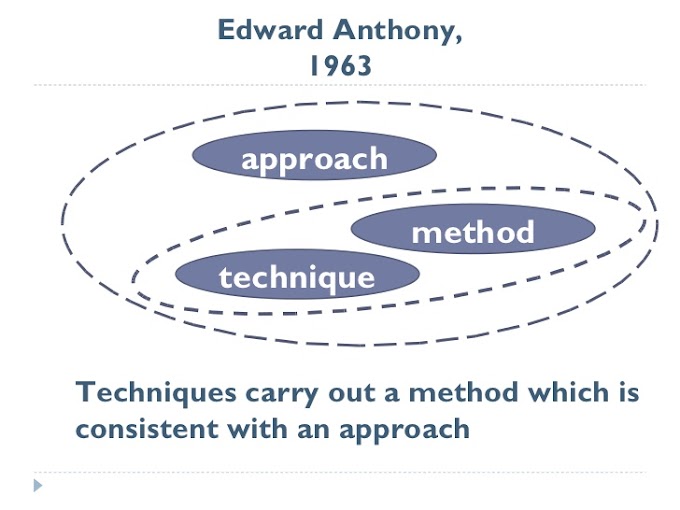 |
| "double- consciousness" in "I, Too, Sing America" |
Introduction
People from different parts of the world love the poem I, Too, Sing America for its thematic validity and beautiful presentation of US slave and black people's conditions. In this poem, poet uses one literary device and that is double-consciousness. But what is double-consciousness and how it is found in the poem I, Too, Sing America is not known. We will know this in this article.
What is Double-Consciousness
"Double-consciousness" is a term that belongs to the science of psychology. The term was, of course, coined by Du Bois. It refers to his famous theory of African-American "double-consciousness". It originally referred to the psychological endeavor Of reconciling an African heritage with a European upbringing and education. Du Bois, while speaking of double-consciousness in the context of race relations in America, asserted that it has become difficult for black Americans to identify their black identity with American Poetry: A Study Guide their American identity. It is because they have lived in a society that has repressed and devalued them for several centuries.
Double-Consciousness in I, Too, Sing America
The poem "I, Too, Sing America" seems to have been written from the perspective of an African-American. The speaker is a domestic servant at the house of a White American. From the statement of the black servant, the speaker, it is clear that he asserts his position from a sense of double-consciousness. One consciousness is that he is a black man, with African heritage.
Another consciousness is that he is an American, having as much love for the country as any other American, especially a white American- But he feels a big gap between his two consciousnesses;
he is not treated as equal to a white American, but he has the consciousness that he is an American. He wants to cover this gap between his two consciousnesses. And that is a challenge for him. However, he is optimistic about meeting this challenge successfully.
First of all, he states his condition as a black American. He is a servant at Whitman's house. He is faced with glaring discrimination He is sent to the kitchen for having his meal there when guests come to visit his master. Then he goes on to take up the measure to conquer it. He takes this situation with good humor and sardonically laughs at his master.
He takes this as an opportunity to prepare himself for a future contest with the white Americans. He eats well and grows strong. He does this from a consciousness that he is a black American, and he is treated with injustice and has to conquer this situation. From the one consciousness, he plans to go over to the realization of another consciousness that he is an.
In this struggle to achieve equality, and thereby to fill the gap between his two consciousnesses, he feels quite hopeful. He hopes that in the future he will become so worthy as to sit at the table with the white people. Then nobody will be able to tell him to go to the kitchen for his real. He will become perfectly equal with his white brother, much so that the whites will be ashamed for their past behavior.
Conclusion
Thus, double-consciousness is perceived to be a potent factor in the poem "I Too, Sing America". And the gap between these two consciousnesses is well-filled by the superb art of the poet.




0 Comments